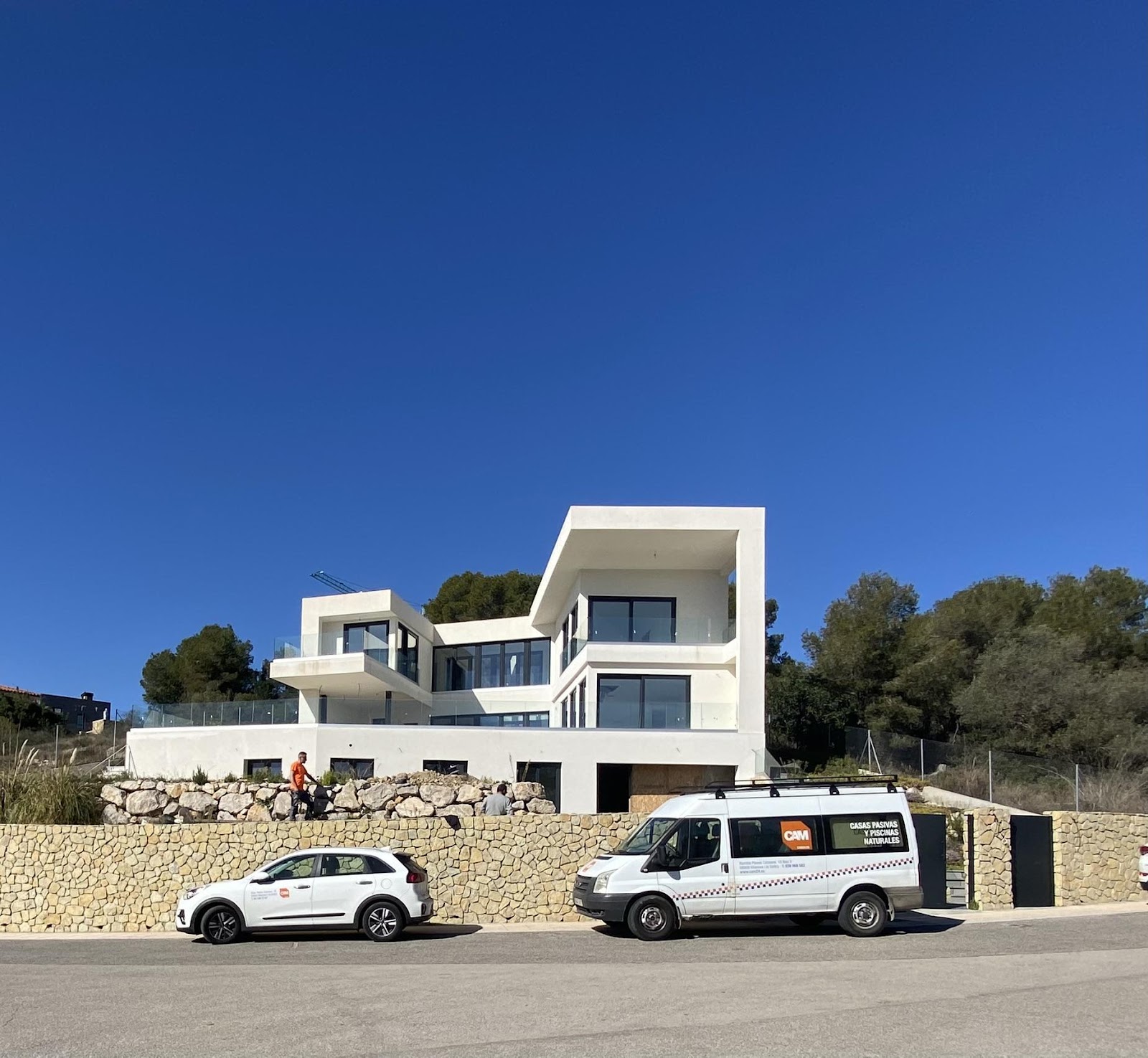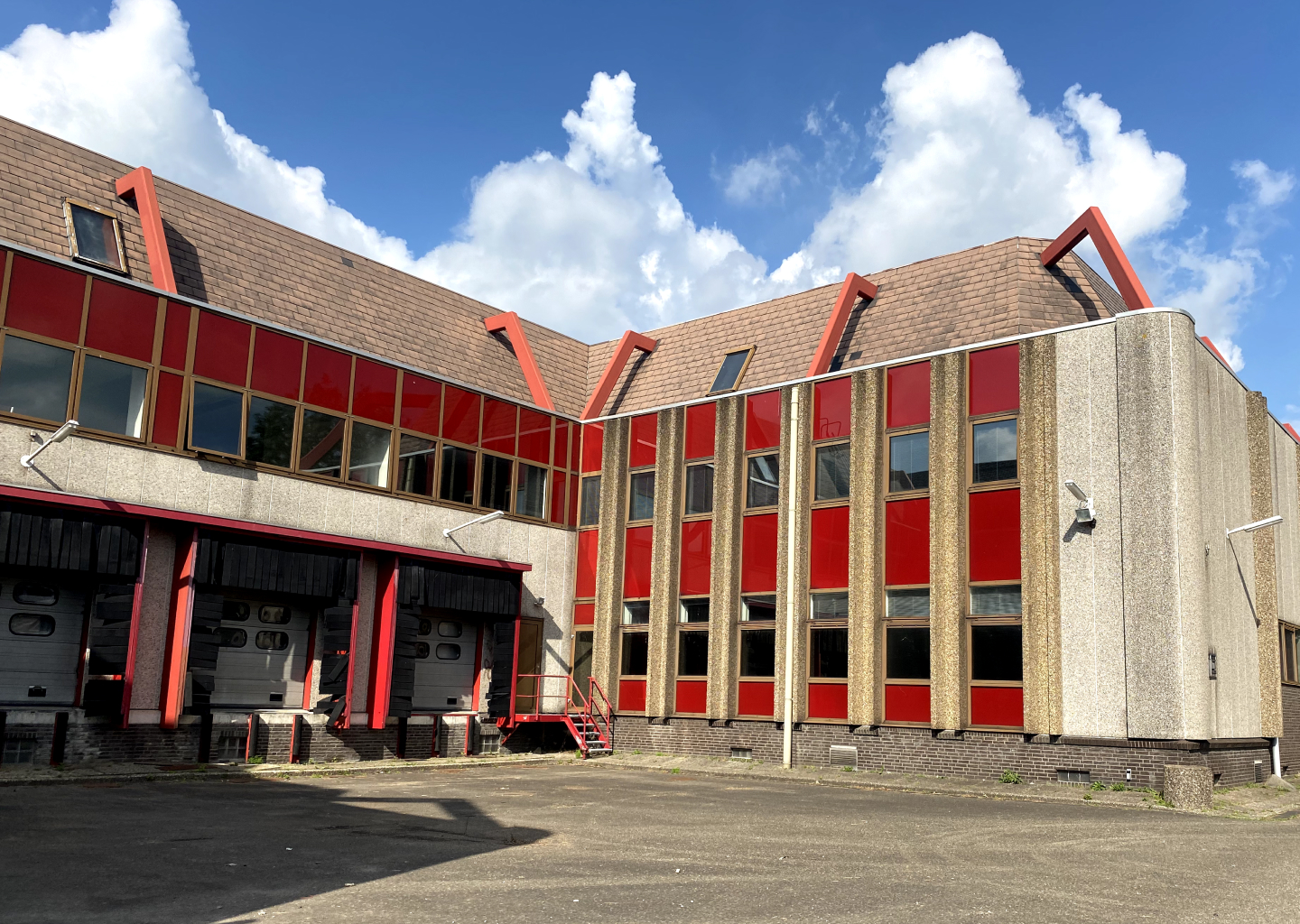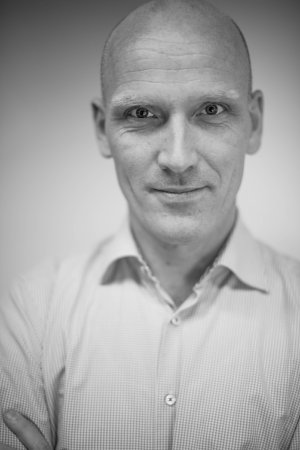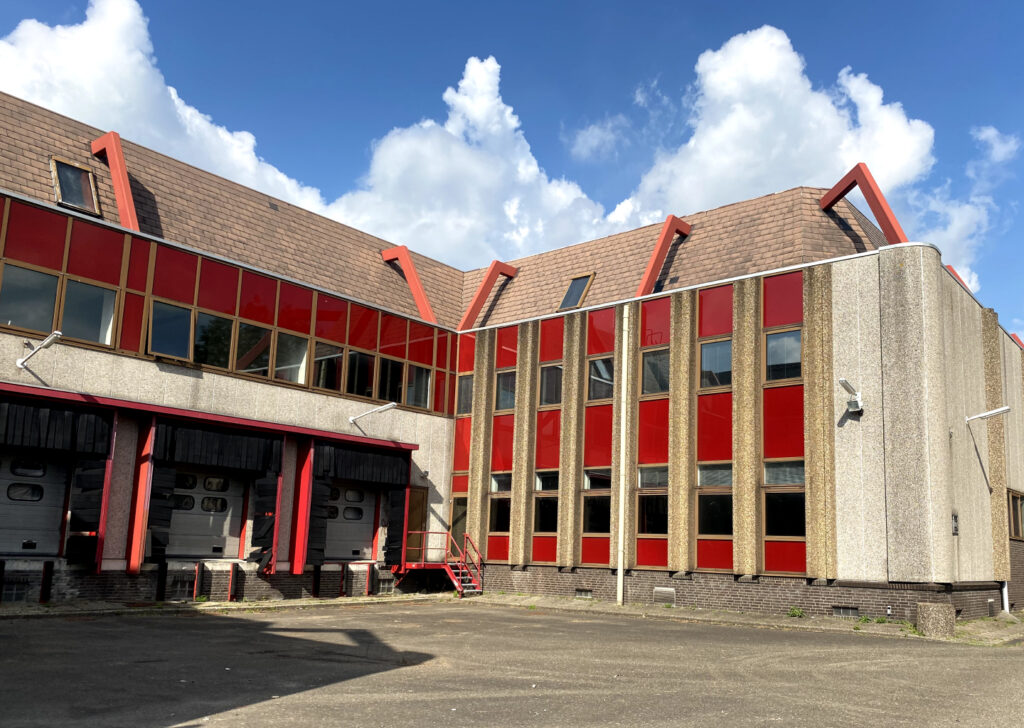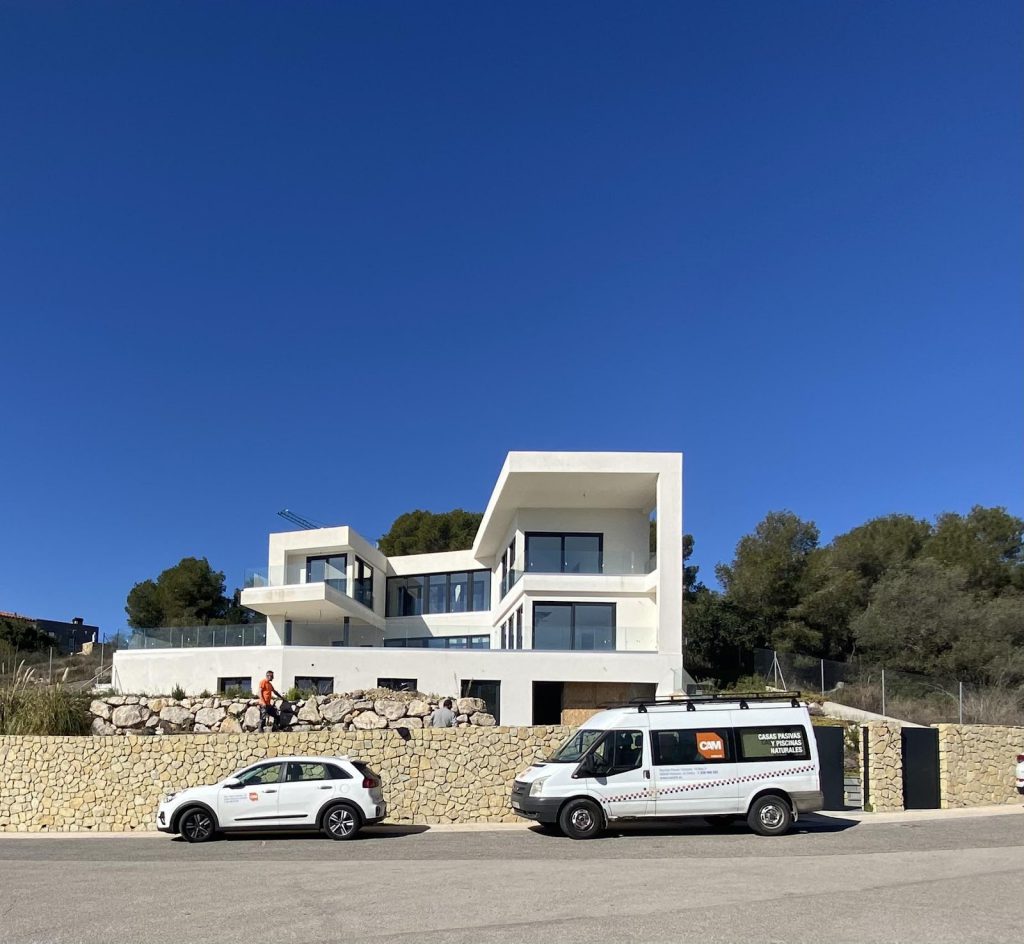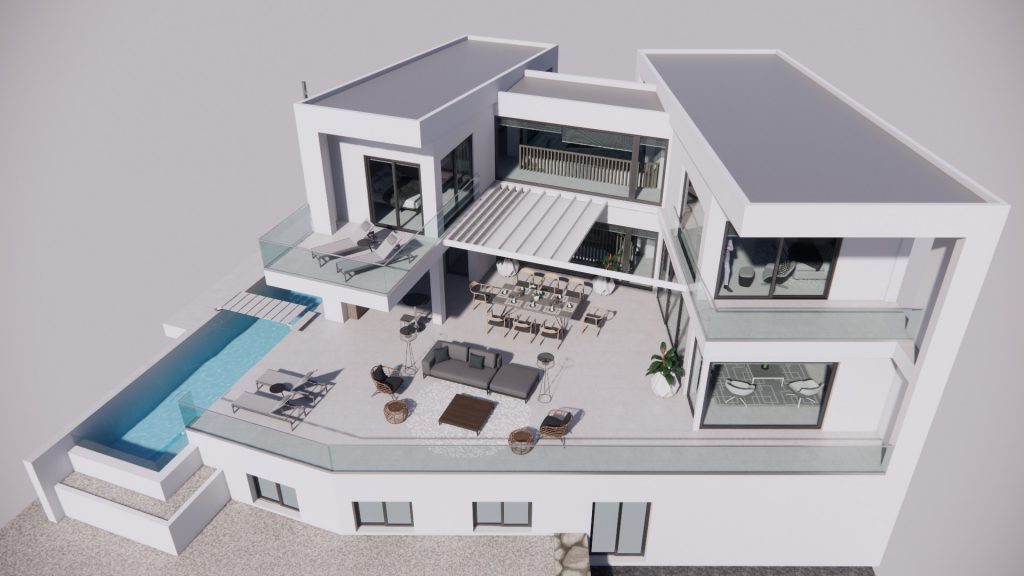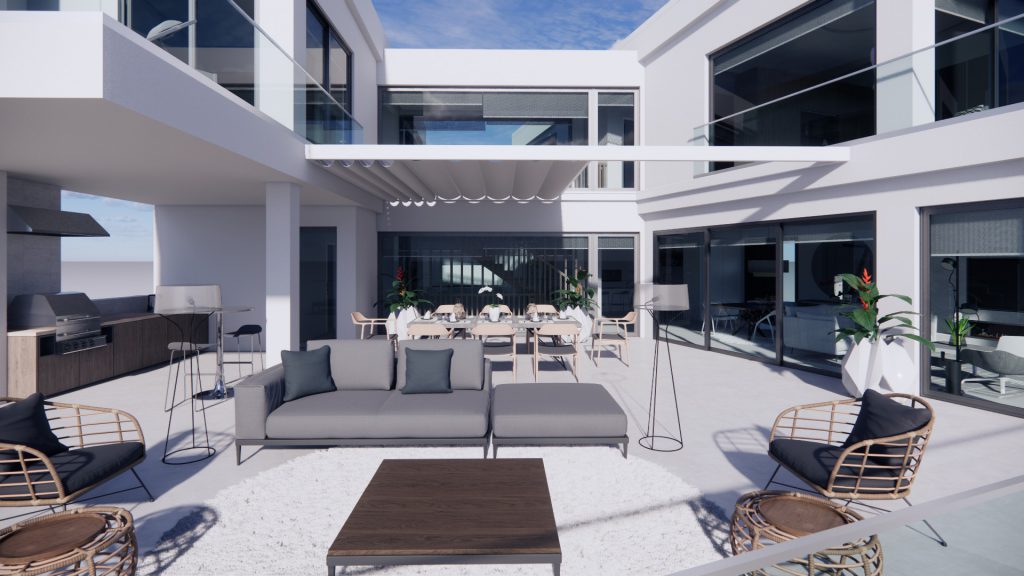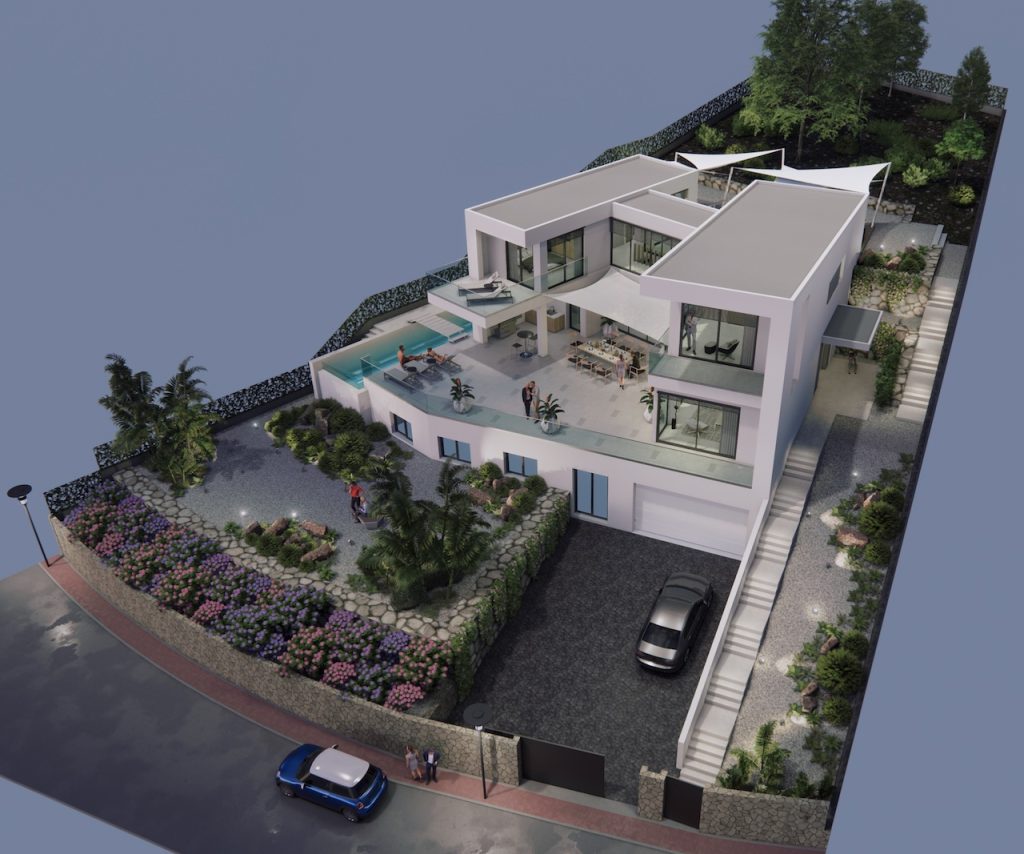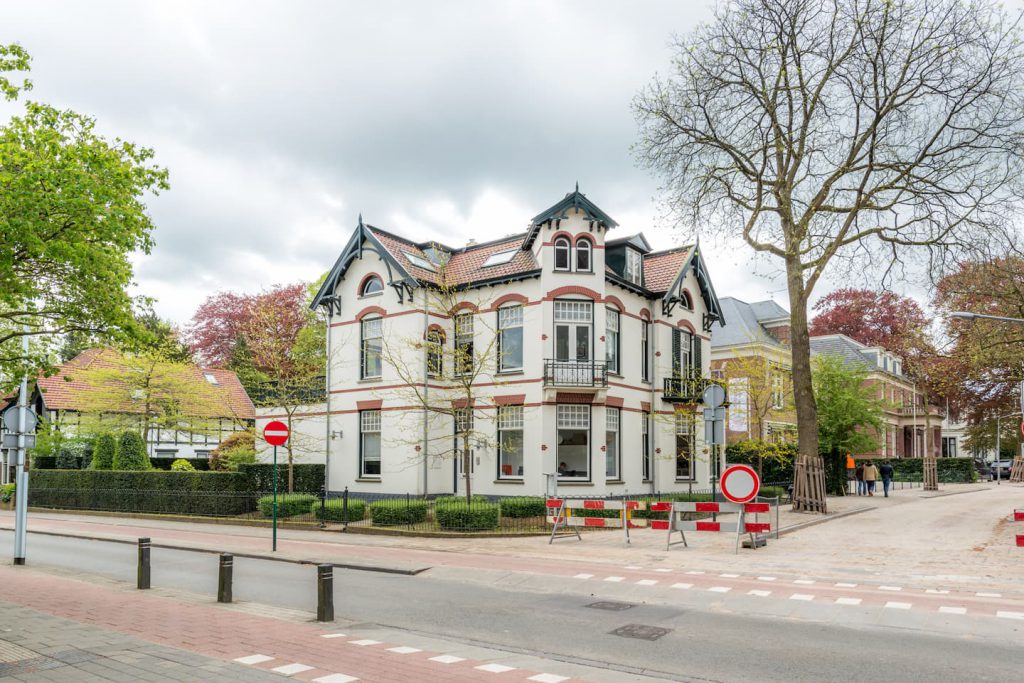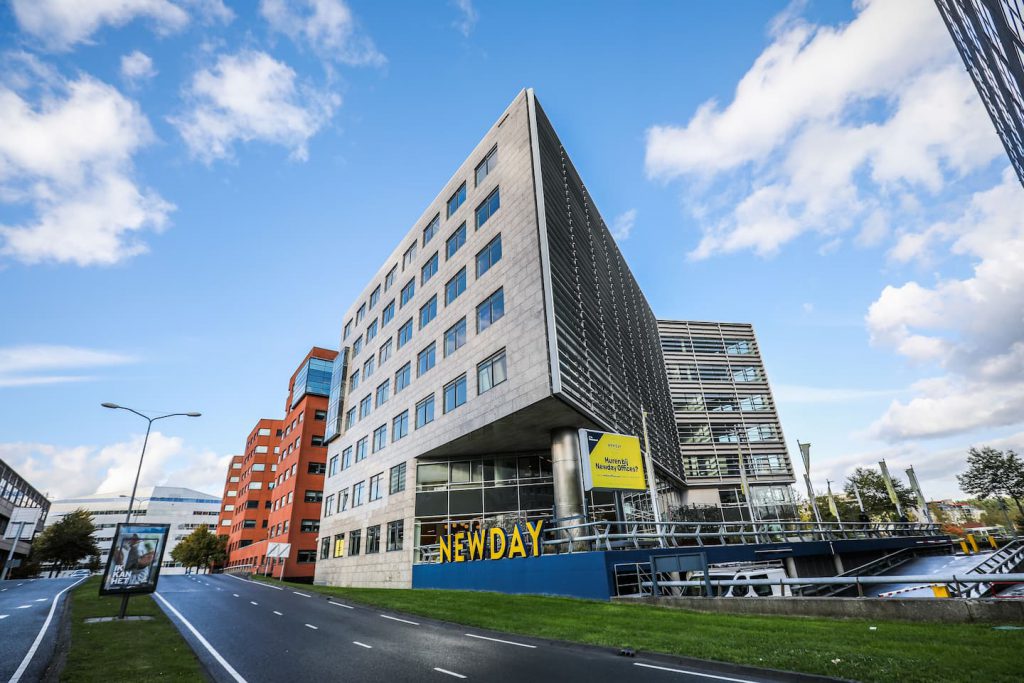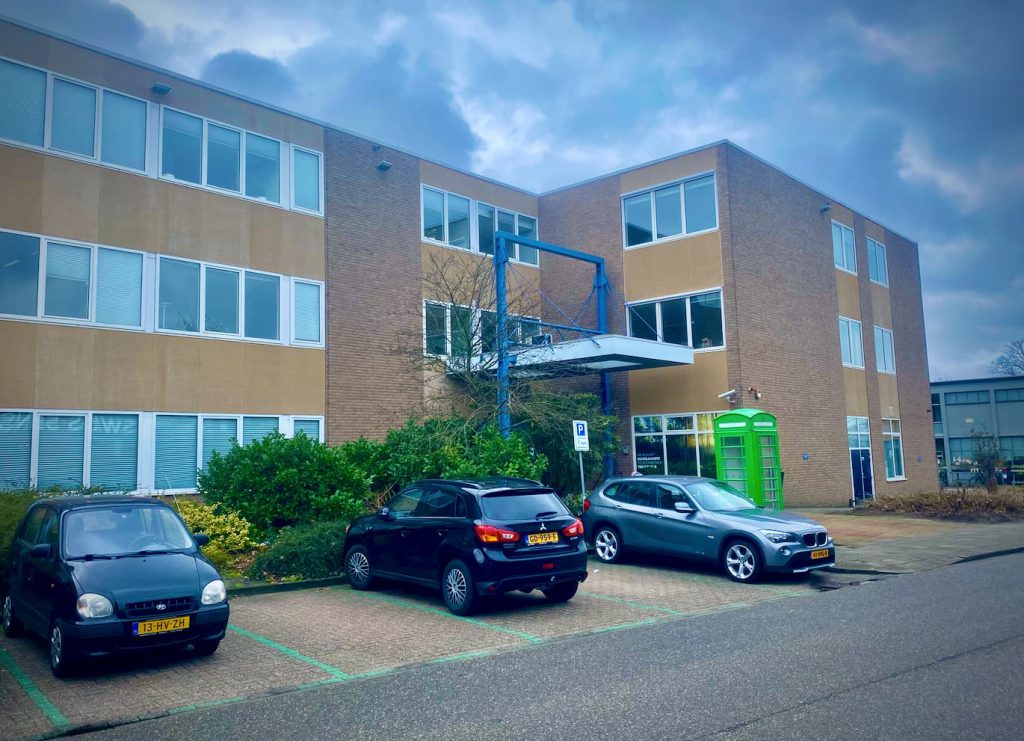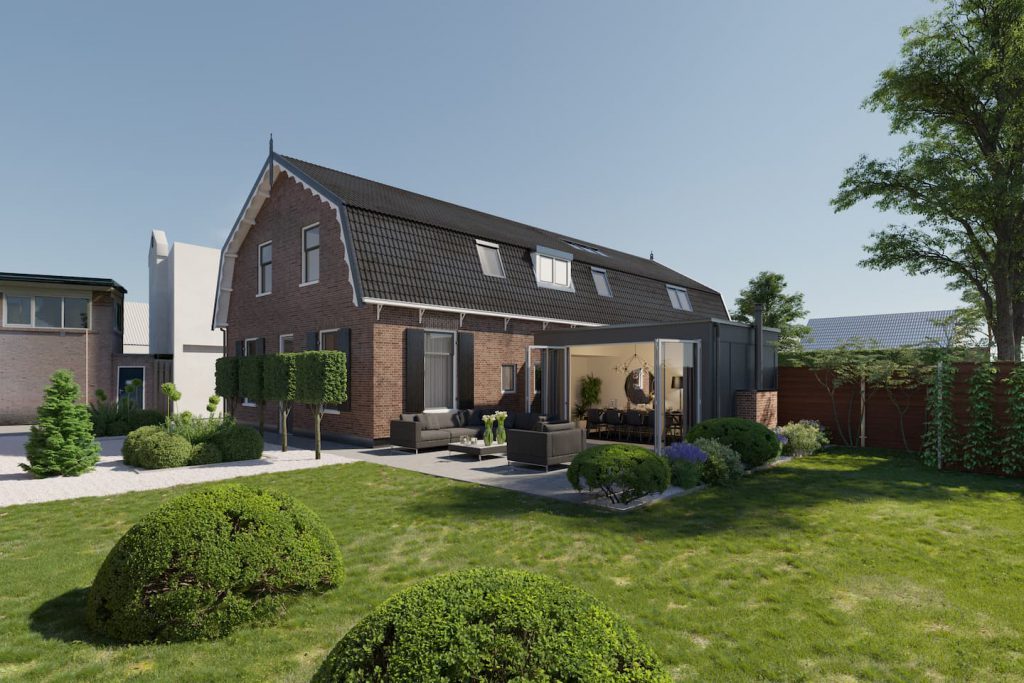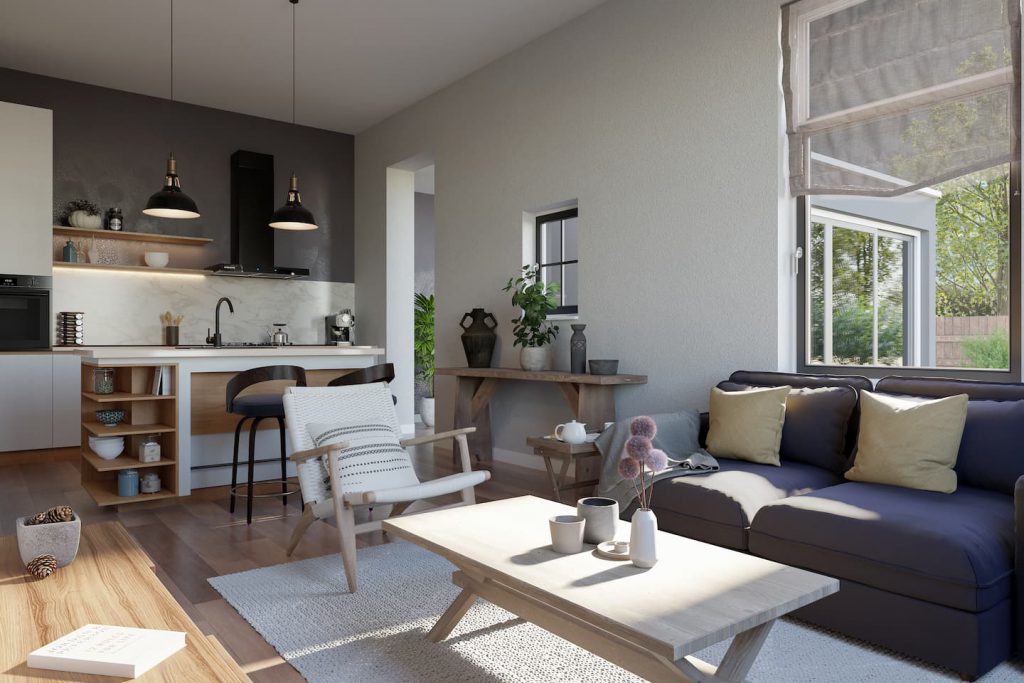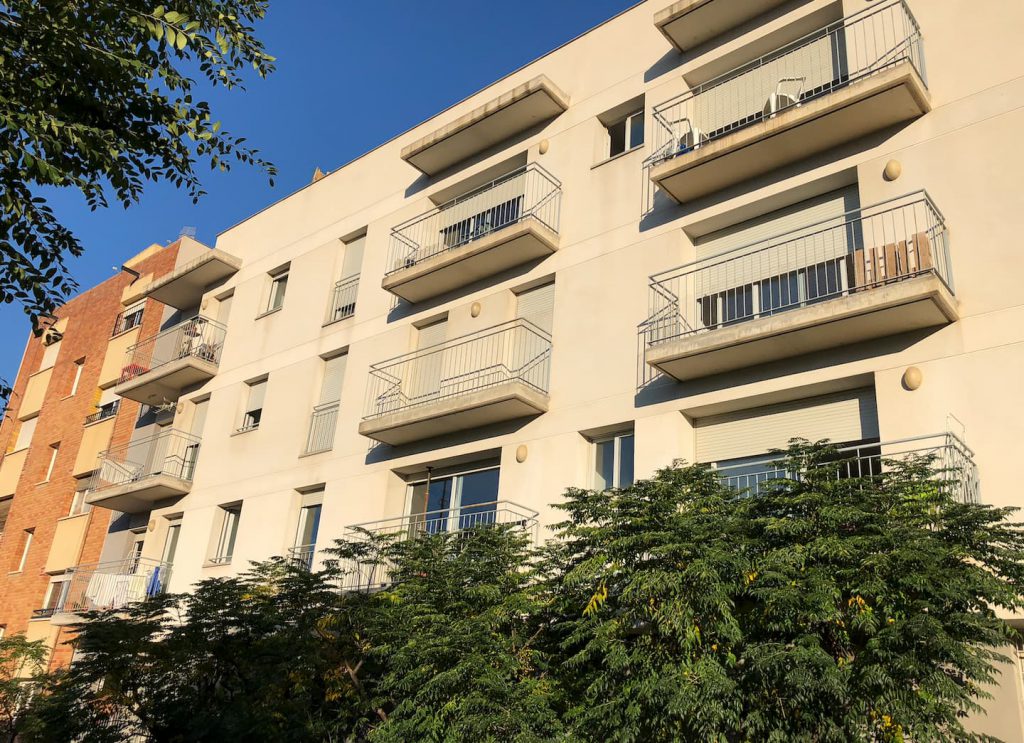1. Fast insights on the opportunities of a challenging building
We have a fixed methodology to quickly get insight into the potential of a (vacant) building. Our starting point is the requirements of a number of business user groups, our future candidate tenants. From these groups we understand their building- and location criteria – which are usually office users in small and medium-sized business who want to rent on a flexible basis, including shared facilities. By connecting these requirements with the characteristics of the building in question, the feasibility of the redevelopment can be assessed quickly to us and our potential partners.
2. Preference for buildings with an ‘edge'
By ‘edge’ we mean buildings that, although permanently no longer meeting current user needs, though do have ‘something’ that can be emphasized. Because of this ‘edge’, such a building may not provide a 100% match with the user requirements and so we look for compensation. Many buildings have such a potential compensation factor that has just not yet been discovered or accentuated. Such as a possible big roof terrace, hidden architectural details or an abundance of outdoor space. The advantage of such somewhat difficult buildings is that, per sum, considerably more competitive rental prices.
3. Preference for existing means also preference for sustainable
Our involvement often allows us to save buildings from demolition. This in itself is much more sustainable compared to demolition/new construction, but in addition we know how to improve the sustainability of these buildings in a practical (and also financial) way. Architecturally smart renovation is also a requirement for such projects because of high construction costs, so what is functionally good does not in principle need to be replaced. This also contributes to a lower rental costs for our tenants.
4. Shared functions: more beautiful, more fun and more affordable
By renting a basic workspace from us, you also have access to spaces that are otherwise often not financially feasible. More attractive meeting rooms of various sizes and furnishing styles, lobby, lunch facilities, reception, quiet areas, coffee bars, etc. become feasible for many SME companies if they are shared. Every tenant can use this on a pro rata basis. And this communal environment also creates a desirable close ambiance between the users.
5. Proven approach
Square One was founded in 2012. The first project was the AtoomClub Utrecht, a serviced office in a difficult location in the city of Utrecht. From 2015, this concept has been used in partnership with Entweder for ultimately 8 locations. In 2019, this company was sold to a JV by the American Angelo Gordon (part of TPG) and Stadium Capital partners. A further rollout has now started under the name Newday Offices. Square One’s founder is Arjan Kuilman. Arjan has worked in real estate for over 25 years, including 10 years for the then TCN, a pan-European developer and investor with a preference for existing, exploitation-intensive real estate.



